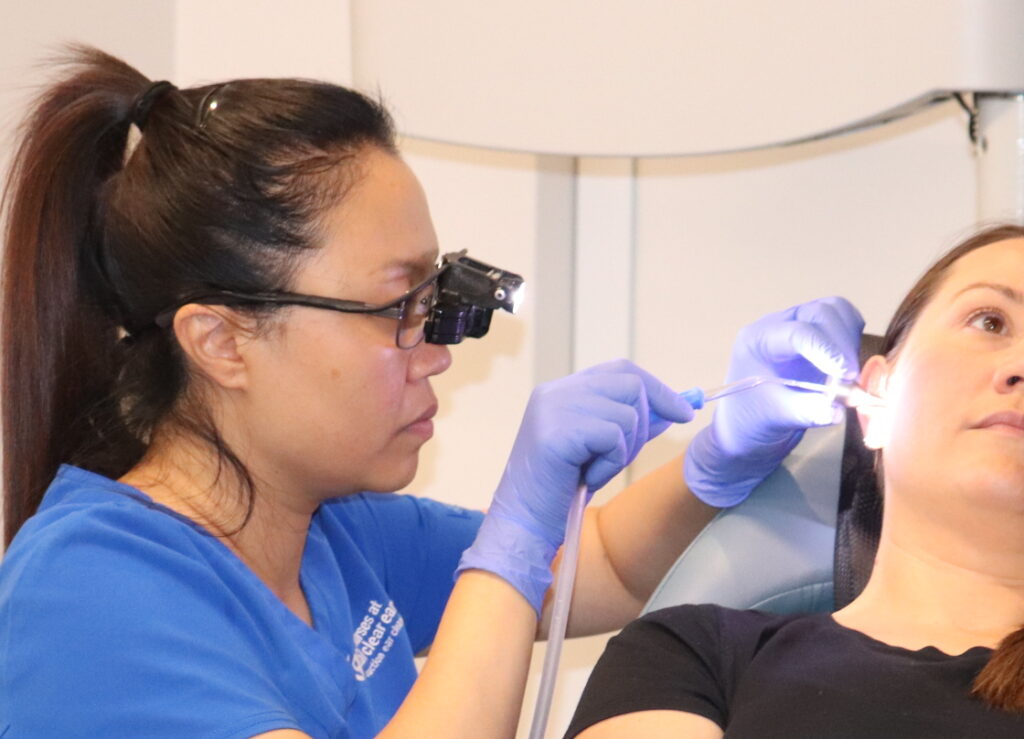Blocked ears can be incredibly frustrating, affecting our hearing and causing discomfort. Whether it’s due to a sudden change in air pressure, a cold, or another underlying issue, the sensation of blocked ears can disrupt daily life. In this blog, we’ll explore the common causes of blocked ears, discuss treatments you can try at home, and advise when it’s necessary to seek professional help.
Blocked Ears: Understanding the Causes
Can occur due to various reasons, some temporary, while others may signal a more serious problem. Here are some common causes:
- Earwax Buildup: Earwax serves to protect the ear canal, but excessive buildup can lead to blockages.
- Changes in Air Pressure: Flying, scuba diving, or driving through mountains can cause pressure imbalances, resulting in blocked ears.
- Allergies or Sinus Infections: Inflammation in the nasal passages can affect the Eustachian tubes, leading to ear blockages.
- Cold or Respiratory Infections: Congestion from a cold or respiratory infection can extend to the ears, causing blockages.
- Water Trapped in the Ear: Swimming or bathing can sometimes lead to water becoming trapped in the ear canal, causing a blocked feeling.
Home Strategies to Try:
Fortunately, many cases of blocked ears can be relieved with simple strategies at home such as these:
- Swallowing or Yawning: These actions can help equalise pressure in the ears, especially during air travel or changes in altitude.
- Chewing Gum: Similar to swallowing or yawning, chewing gum can help relieve pressure imbalances.
- Olive oil drops: A few drops can help soften earwax and lubricate the canal so the natural convey belt movement of your ear canal can push the ear wax out.
- Saline nasal sprays: Over-the-counter saline sprays can help alleviate congestion and reduce ear blockages caused by allergies or sinus infections.
When to Seek Professionals such as The Ear Nurses:
While many cases of blocked ears resolve on their own or with home remedies, there are instances where professional intervention is necessary. Seek the assistance of The Ear Nurse when you experience:
- A blocked sensation persists for more than a few days.
- You experience severe pain, drainage, or bleeding from the ear.
- You have a history of ear problems or recent ear surgery.
- The blockage is accompanied by dizziness, ringing in the ears (tinnitus), or hearing loss.
The Ear Nurse can perform a thorough examination to identify the underlying cause of your blocked ears and recommend appropriate treatment, which may include microsuction earwax removal.
The Ear Nurse can perform a thorough examination to identify the underlying cause of your blocked ears and recommend appropriate treatment, which may include microsuction earwax removal.

Blocked ears can be uncomfortable and disruptive, especially if the blockage is persisting. Seek an appointment with The Ear Nurses to understand the causes and take proactive steps to maintain your ear health and alleviate discomfort.